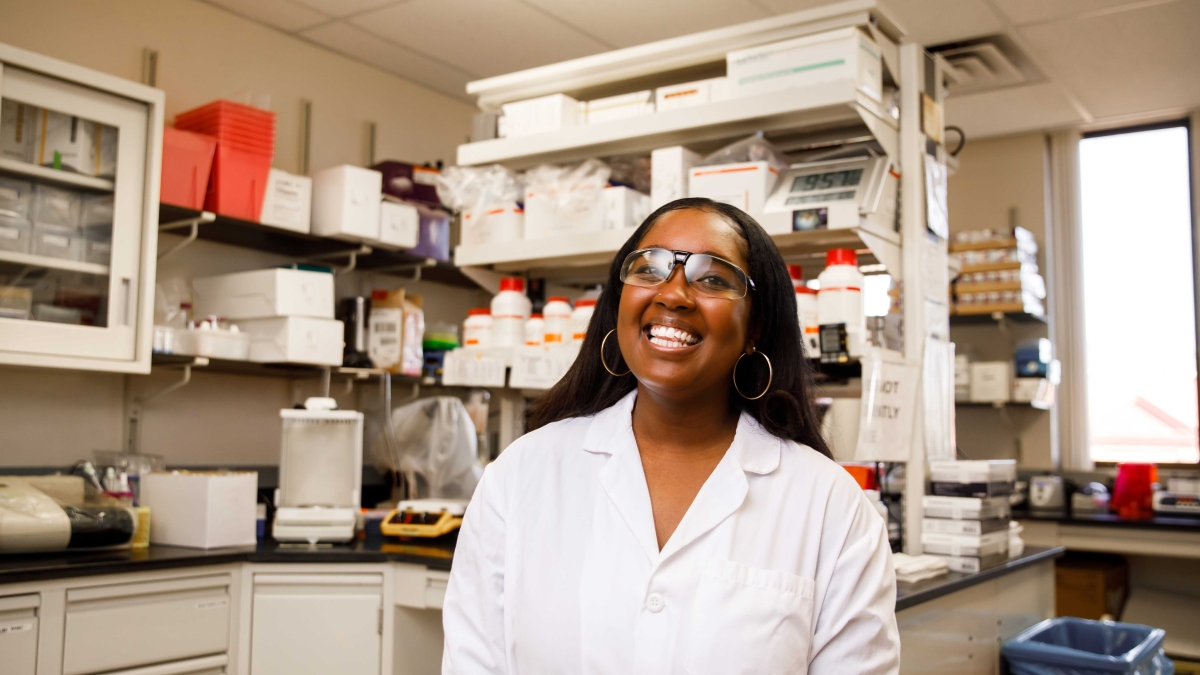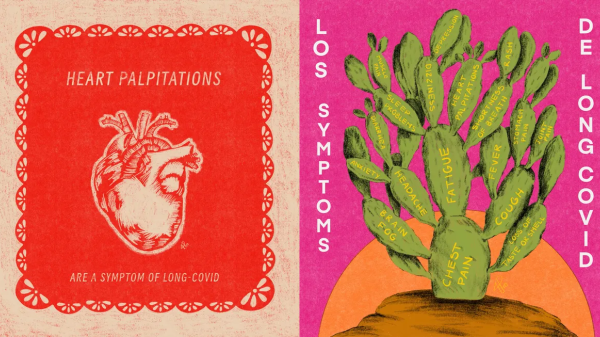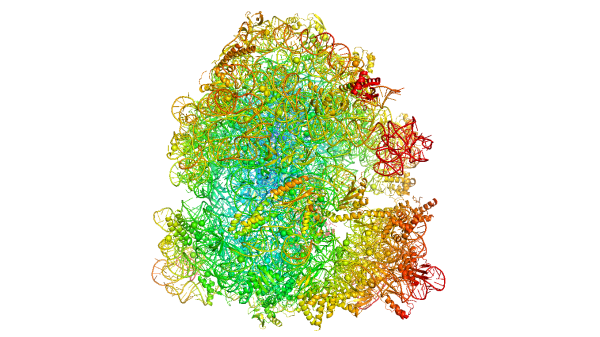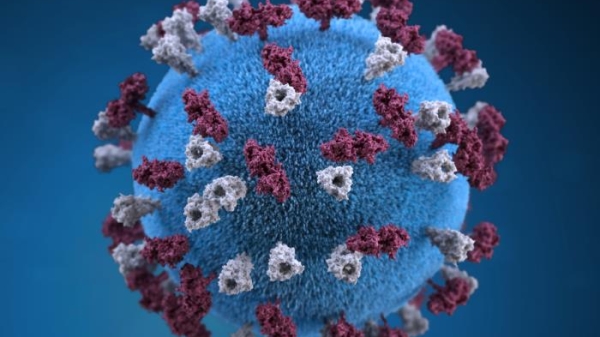ASU doctoral student explores what your poop says about your health
Meli’sa Crawford researches how high-fat diet alters the microbiome, with aim of lowering disease risk, especially in food deserts

For Meli’sa Crawford, talking about poop isn’t gross or impolite — it’s an important part of a day’s work. Crawford is an Arizona State University PhD candidate who studies poop to learn how a high-fat diet can alter your microbiome, or gut bacteria. She also explores how gut bacteria affect your health.
High-fat diets are common in low-income food deserts, areas where grocery stores are scarce and fast food is cheap and plentiful. As she learns more about the relationship between diet and gastrointestinal health, Crawford hopes one day to improve food quality in underprivileged areas.
Crawford's talk is part of the ASU KEDtalks series. Short for Knowledge Enterprise Development talks, KEDtalks aim to spark ideas, indulge curiosity and inspire action by highlighting ASU scientists, humanists, social scientists and artists who are driven to find solutions to the universe’s grandest challenges.
Tune in to research.asu.edu/kedtalks to discover how researchers are attacking locust plagues, why baby steps are not the best way to achieve change and more.
Top photo by Andy DeLisle
More Health and medicine

Health communication program brings long COVID awareness to Latinos
After COVID-19 hit the Latino community especially hard, Gilberto Lopez created COVIDLatino, a health communication program designed to share accurate, timely, evidence-based and culturally tailored…

Gates Foundation to fund research on antibiotic resistance
Antibiotic resistance, what happens when germs develop the ability to defeat the drugs designed to kill them, is a growing concern among scientists today. When bacteria become resistant to…

ASU epidemiologist on the rise in US measles cases
The Centers for Disease Control and Prevention issued an alert this month about a rise in measles cases worldwide. And as of March 21, a total of 64 measles cases were reported in 17 states,…